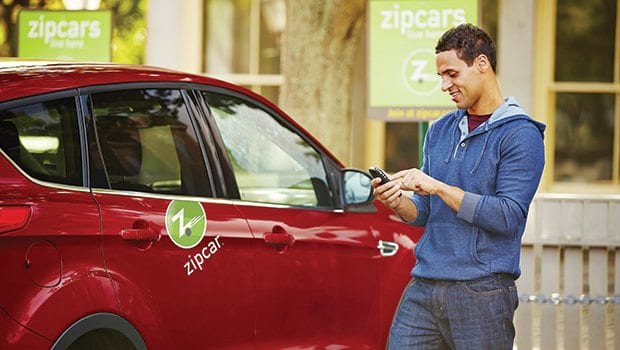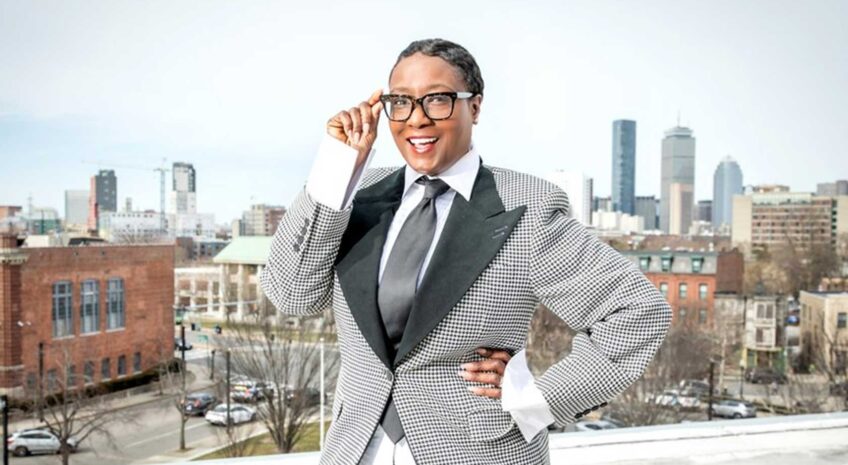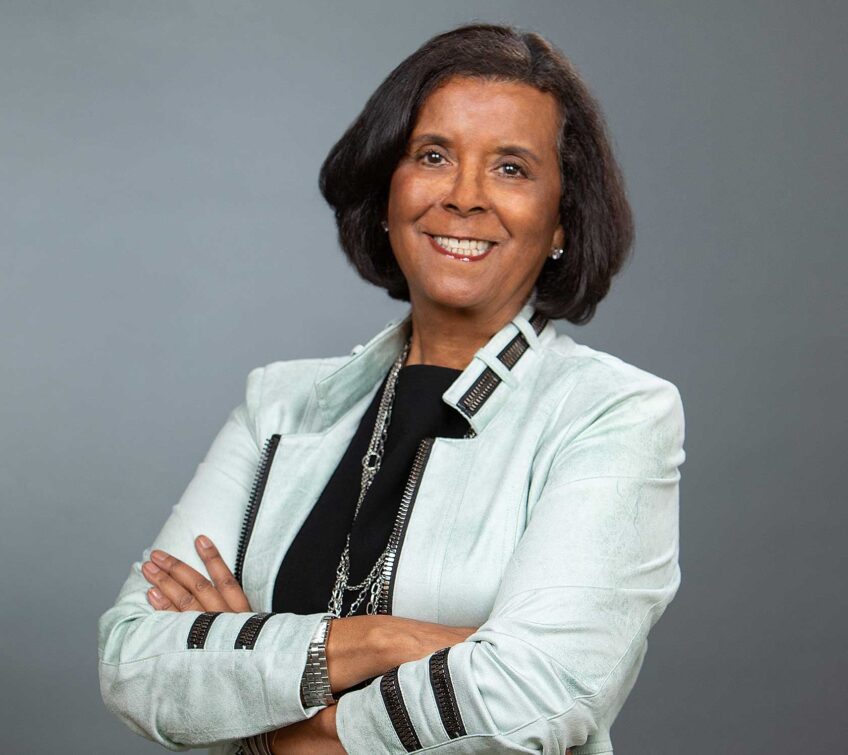Regulating the sharing economy
Congress probes consumer, business protections in growing sector


Author: Photo courtesy of ZipcarZipcar is a Boston-based company.
In proceedings closely watched by many small business owners and entrepreneurs across the country, the sharing economy went before Congress last week for a stark examination of how it creates jobs, benefits consumers, but also raises a slew of policy concerns and questions.
At stake is the question of how much regulation businesses in the sharing economy need. When all was said and done Congress remains indecisive at this point — the hearing offered praise and criticism of some the high profile companies in the sharing economy — but it was clear that the government is not going to just let the sector alone.
Generally speaking, the sharing economy refers to types of business built on the sharing of resources, which allows customers to access goods without ownership. However, in practice the sharing economy has become a great way for startups and small businesses to challenge existing business sectors using new technology and social networks to gain customers and a competitive advantage.
Ride-sharing service Uber has become the flag bearer for the sharing economy, having turned the traditionally rigid and highly regulated taxi cab industry on its head. Yet critics say without regulations Uber has an unfair business advantage.
Other sharing economy companies, including lodging network Airbnb, ridesharing service Lyft and digital marketplace Thumbtack, face the same claims. Boston has produced a number of sharing economy frontrunners, including car rental service Zipcar, alcohol delivery app Drizly and nightlife booking app Tablelist.
The benefits

Author: Photo courtesy of Congressman Michael BurgessRep. Michael Burgess, R-TX, chair of the recent Congressional hearing on the sharing economy.
The hearings in front of Congress on Sept. 29 were held by a congressional subcommittee on Commerce, Manufacturing and Trade. Rep. Michael Burgess, R-TX, wasted no time acknowledging the one thing that even sharing economy detractors have trouble dismissing — it’s creating jobs for a lot of people.
“The opportunities sharing platforms provide are often in addition to, not necessarily instead of, the streams of income available to traditional employment sources. The sharing economy has captured the entrepreneurial spirit of many Americans already. Those who engage in freelance jobs are expected to skyrocket to 40 percent of the workforce in the next five years — and almost eight million will be participating in the sharing economy,” Burgess said.
Burgess stressed that he wants to examine how sharing economy businesses have built accountability and consumer protection into their technology platforms.
“Eventually we must confront the question of whether and how Congress responds to these types of firms. Many suggest no action is warranted, either by Congress of local regulators and others are seeking direct and immediate intervention both at the federal and the local level,” Burgess added. “There should be some limited government oversight, particularly where safety is significant, and firms should be thinking about privacy, firms should be thinking about cybersecurity from the outset.”
He also pointed out that the sharing economy does already face some of the same regulations traditional businesses face and he stressed he was more concerned about existing regulations hurting the development of new jobs in the sharing economy than he was about the need for new regulations to govern the sector.
With the sharing economy topping $15 billion a year globally and on track for more than $300 billion annually in the next five years, Burgess echoes sentiment that it is a mistake to tamper too much with one of the world’s biggest emerging sectors.
He also said what many have been thinking about the backlash leveled at companies like Uber for disrupting long-established industries — we have to make sure regulation is needed and not just a result of cries from those who don’t want any change or competition that upsets the status quo.
Also, with 80 million Americans taking advantage of the many sharing economy services, Congress is hesitant to enact policies that would dampen that demand.
“We should be highly skeptical of interventions that take away new conveniences and measurable benefits for consumers,” Burgess said.
Diverse voices
The hearing featured a number of witnesses to discuss sharing economy issues. These included Dean Baker, co-director, Center for Economic and Policy Research; Alex Chriss, vice president and general manager, Intuit; Michael Beckerman, president and chief executive officer The Internet Association; Jon Lieber, chief economist, Thumbtack; and Luceele Smith, driver-partner, Uber.
Thumbtack’s Lieber pointed out that policymakers should not overlook the fact that the rise of mobile devices and technology means that the sharing economy — at least in the form of having easy technology to connect consumers with services or goods — is here to stay and that regulations related to it should not stifle growth or overlook the importance to the current and future economy.
He also cautioned against broad thinking or strokes that overlooked the wide variety of ways sharing economy businesses operate and the folly of thinking general policies could cover them all.
“The differences in the business models raise different sets of policy considerations. To take two prominent examples, Uber and Airbnb have both figured out how to take underutilized resources, private cars and private dwellings, and create productive assets out of them by enabling people to ‘share’ them with others for a fee. But saying they are both part of the same sector totally obscures the radically different policy issues raised by both,” Lieber said. “Airbnb doesn’t have the labor issues that Uber does, and Uber doesn’t have the zoning and other issues that Airbnb does.”
Risky business?
The Center for Economic and Policy Research’s Baker pointed out some of the risks the continued growth of the sharing economy could have, especially regarding consumer and labor regulations, taxes, property rights and anti-discrimination laws.
“The country has built up an extensive regulatory structure over many decades to protect workers, consumers and property owners,” Baker said. “The sharing economy will require the modernization of this regulatory structure. In some cases, regulations have outlived their usefulness and should be eliminated. However, many of these regulations serve important public purposes. If the sharing economy is used as a way to circumvent them, then it will impose substantial costs on society.”
Uber driver Smith highlighted what most believe are the strengths of the sharing economy and the reasons it is so important going forward. For her, Uber is the chance for a good job that that allows her to make money and control her employment in way she can be most successful.



![Banner [Virtual] Art Gallery](https://baystatebanner.com/wp-content/uploads/2024/04/Cagen-Luse_Men-at-store-e1713991226112-150x150.jpg)



